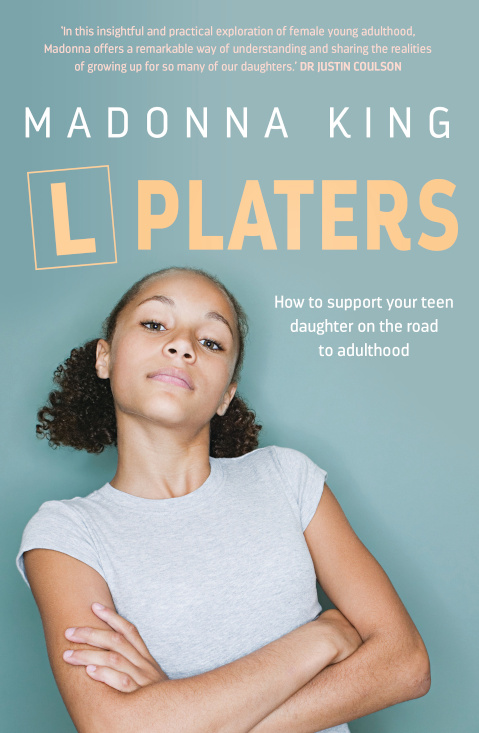The Privatisation of Motherhood - Ian Purdie
When I grew up during the 1960’s our home was characterised by the smell of cooking, the sound of the vacuum cleaner and the autocratic presence of my mother around every corner, just as I was about to break one of her rules. My father would return home every evening, the guest of honour in my mother’s halloed realm. He knew better than to come home intoxicated or to tramp mud onto the floors. Our home was my mother’s domain, her pride and joy.
In the twenty-first century this archaic model has gone the same way as the crew cut and the mud hut. Motherhood is no longer a cherished feminine institution. Today motherhood is just another business and in these days of gender equality, is equally the domain of men.
Today most mothers are out in the rat race, diligently fighting for a buck like everybody else. Their children are looked after by professional carers, their homes maintained by professional cleaners and the evening meal arrives care of some American fast food franchise. The sacred institution of motherhood has been successfully privatised.
It begins with birth.
These days most modern women are opting to have their off-spring removed via a professionally wielded scalpel. The birth canal has been replaced by a more convenient, less traumatising Ceasarian section.
Breast feeding has been replaced by commercially produced formula and thanks to an enormous array of professionally produced Palates exercise courses, mother is back at work within a matter of weeks if not days, looking as though she’s just stepped out of a health resort.
Disposable nappies are purchased from the local supermarket and the lucky child is dressed in the latest designer fashion. Articles produced on grand ma’s sewing machine are kept in a drawer in case of a visit.
The number of commercially available childcare places has doubled since 1996. The new born’s welfare is placed in the capable hands of professionals, where it is socialised according to the latest recommendations from American and other off-shore ‘experts’.
Twenty-first century children will grow up with fond memories of their favourite mass produced toys, videos and carer. Meanwhile mummy is out there in the work force, struggling to make enough money to make it all seem worthwhile.
Daddy has also been privatised. He regularly visits prostitutes for sex and turns up every second weekend, smelling of alcohol in a new car. He foregoes the footy so he can sit awkwardly through Sponge Bob or whatever latest blockbuster the Feel-Happy Studios are offering, in the hope that his estranged off-spring won’t hate him when he’s old.
Television has replaced conversation, new toys have replaced displays of affection, the Child Support Agency has replaced a provider and a legally binding agreement has replaced marriage.
But the best part is that everyone is making money! Advertisers now target children as the new frontier of marketing. Children are responsible for spending most of a family’s disposable income. They’ve got smiling fast-food mascots, the milky-milky kid and their own special research institutes guaranteeing that they get exactly what they want, every time.
The privatisation of motherhood is one of the most successful innovations of our time. Everybody wins. From the giant corporation to the innocent new born, no chance to make a buck has been squandered.
As shareholders in our modern world we can all feel proud.
We get what we pay for.
Ian Purdie















